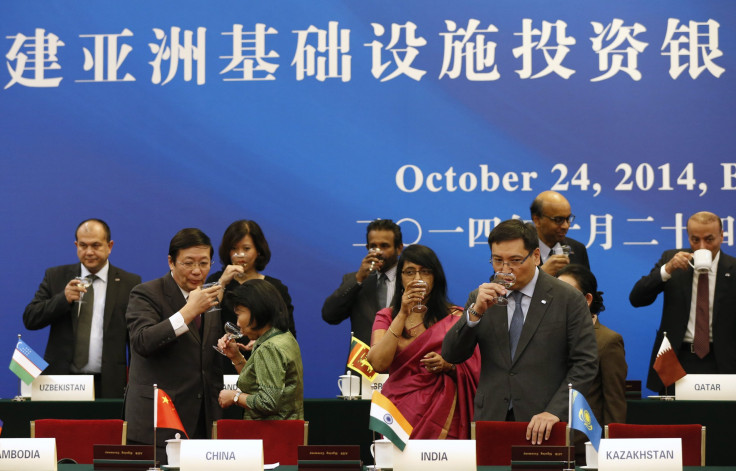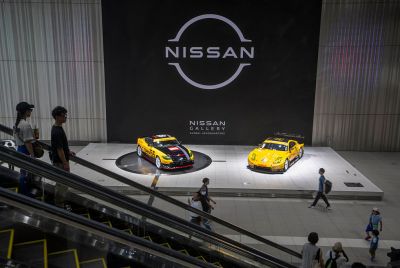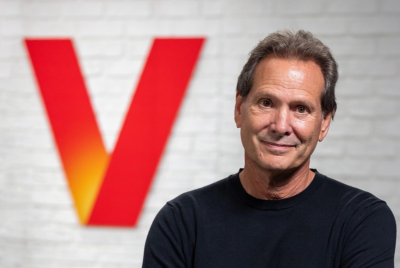China Won't Let North Korea Join Asian Infrastructure Investment Bank As US Rings Alarm About Lack Of Transparency

China won't let North Korea join the Asian Infrastructure Investment Bank amid concerns about its economy and finances. The snub has shocked North Korean leaders, who view China as a close economic ally, according to media reports.
China regularly lends money to North Korea in exchange for uranium and other mineral ores. But North Korea couldn't meet the basic requirements to join the increasingly popular bank being set up to fund infrastructure projects in Asia. For example, when asked to define how it would use an AIIB loan, North Korea provided few details.
China's alternative to the World Bank has increasingly gained global support in recent months despite opposition from the U.S. For instance, the U.K. is expected to join the bank despite its close relationship with the U.S. and concerns from its own foreign office, according to a report in the Financial Times on Friday. South Korea, another U.S. ally, announced Thursday that it would be a founding member of the bank.
Washington, D.C., has objected to the China-led bank, citing China's lack of transparency and concerns about it competing with the World Bank and the International Monetary Fund. France, Italy, Australia and Germany have all announced plans to join the bank.
"We are comfortable with the idea of a bank that puts together finance for infrastructure, because our view is that there is a huge need for infrastructure in emerging markets countries," David Lipton, the first deputy managing director of the International Monetary Fund, told CNBC.
In a recent speech at the annual Boao Forum for Asia in southern China, Chinese President Xi Jinping said the new bank would bolster the World Bank and other international financial institutions. “Being a big country means shouldering greater responsibilities for the region, as opposed to seeking greater monopoly over regional and world affairs,” he said.
© Copyright IBTimes 2025. All rights reserved.






















